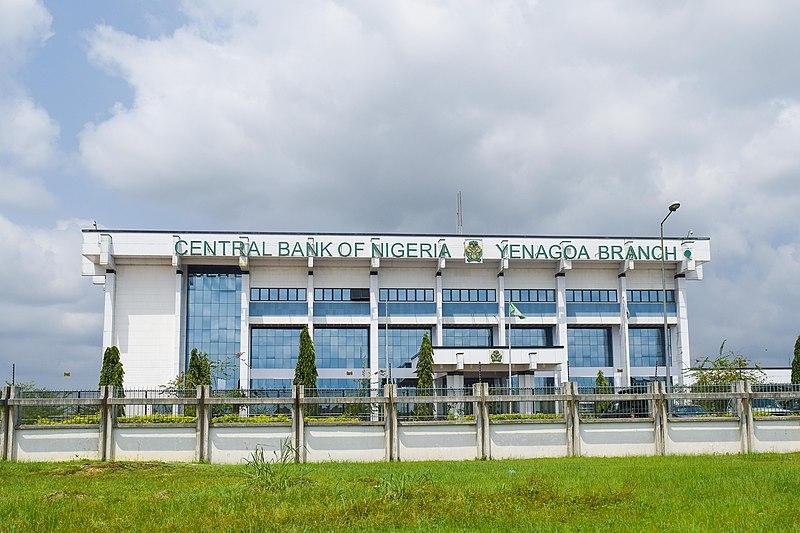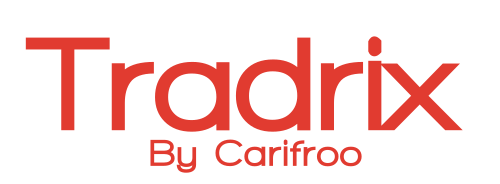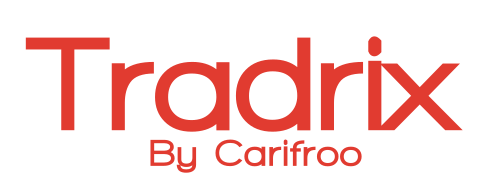Finance Service Licence in Nigeria: What are the Requirements

If you are thinking about launching a financial service business in Nigeria, you should familiarise yourself with the regulations and licences required to operate such a business.
Obtaining a financial licence in Nigeria is essential for any institution looking to operate in the financial sector. The specific type of financial licence you need will depend on the type of financial services you plan to offer.
Common financial licences in Nigeria are issued by various regulatory bodies such as the Central Bank of Nigeria (CBN), the Securities and Exchange Commission (SEC), and the National Insurance Commission (NAICOM), depending on the nature of the financial business.
The Central Bank of Nigeria provides regulatory oversight of financial institutions and finance services. It also provides laws, guidelines and policies to facilitate such institutions.
Companies providing services like consumer loans, funds management, asset finance, project finance, trade finance, debt factoring, debt securitisation, debt administration, financial consultancy, warehouse receipt finance, vouchers, coupons, and prepaid cards are considered financial services.
Here's a breakdown of how to obtain the relevant licences:
1. Central Bank of Nigeria (CBN) Licences
CBN is the primary regulatory body for banks, microfinance institutions (MFIs), bureau de change, and other financial institutions.
A. Commercial Banking Licence
To operate as a commercial bank, the following are required:
Requirements:
- Incorporation: Register the company with the Corporate Affairs Commission (CAC) as a public company.
- Capital Requirement: Minimum paid-up capital of ₦25 billion for a commercial banking national licence, ₦10 billion for a regional licence, and ₦50 billion for an international licence.
- Application: Submit an application to CBN with the necessary documents, including:
Feasibility report
Memorandum and Articles of Association
Business plan
Names, CVs, and financial status of directors and promoters
Capital structure and proof of capital deposit
Risk management framework
- Approval Process:
- Obtain a Provisional License.
- Meet CBN's conditions for the Final License, which may include physical inspection of premises and systems.
A commercial banking licence allows banks to undertake activities including:
This licence allows the bank to undertake a wide range of activities including:
- Taking deposits and maintaining accounts
- Providing retail banking services like mortgages
- Extending financial and credit facilities
- Dealing in foreign exchange and providing related services
- Acting as a settlement bank
- Providing treasury management and custodial services
- Offering financial advisory services
- Investing in debt instruments and derivatives
- Undertaking fixed-income trading as a Primary Dealer Market Maker
Cost:
- The application fees for a banking licence are around ₦500,000, plus any related due diligence costs.
- The primary cost is the capital requirement of ₦25 billion.
B. Microfinance Bank (MFB) Licence
This licence is for financial institutions offering banking services at the micro level.
Requirements:
- Capital Requirement:
- Unit MFB: ₦200 million
- State MFB: ₦1 billion
- National MFB: ₦5 billion
- Application Documents:
- Feasibility report
- Evidence of capital deposit
- Business plan
- Board of Directors' details
- Risk management policy
- Process:
- Apply for a provisional licence from CBN.
- Meet all the stipulated conditions to receive the final approval.
Cost:
- Application fee is about ₦100,000.
- Capital requirements range from ₦200 million to ₦5 billion, depending on the scale.
C. Bureau de Change Licence
This is for currency exchange businesses.
Requirements:
- Capital Requirement: ₦35 million paid-up capital.
- Documents:
- Proof of capital
- CAC registration documents
- Directors' profiles and CVs
- Business plan and risk management policy
- Process:
- Provisional approval is granted, followed by a final licence after verification by the CBN.
Cost:
- Capital deposit of ₦35 million
- Application fee of ₦500,000
2. Securities and Exchange Commission (SEC) Licences
For capital market operators such as investment advisers, fund managers, and stockbrokers, the SEC is the regulatory body.
A. Investment Adviser or Fund Manager Licence
Requirements:
- Capital Requirement:
- ₦150 million for fund managers
- ₦5 million for investment advisers
- Documents:
- CAC incorporation documents
- Directors’ profiles
- Financial status of directors and promoters
- Organizational structure and management
- Detailed business plan and risk management policy
- Evidence of compliance with anti-money laundering regulations
- Process: Submit an application, and upon meeting SEC’s requirements, a license is issued.
Cost:
- Application fee varies but can range from ₦50,000 to ₦200,000, depending on the service category.
- Capital requirements start from ₦5 million for investment advisers and ₦150 million for fund managers.
3. National Insurance Commission (NAICOM) Licences
If you're entering the insurance sector, NAICOM oversees this space.
A. Insurance or Reinsurance Company Licence
Requirements:
- Capital Requirement:
- ₦10 billion for life insurance
- ₦18 billion for non-life insurance
- ₦20 billion for composite insurance
- ₦25 billion for reinsurance companies
- Documents:
- Business plan
- Feasibility study
- Financial projections
- CVs of directors and top management
- Evidence of capital deposit
- Process: After submission of required documents and fulfilling NAICOM conditions, a licence is granted.
Cost:
- The application fee is approximately ₦500,000.
- Minimum capital requirement ranges from ₦10 billion to ₦25 billion.
4. Other Financial Licences
These include licences for fintech, pension fund administration, and mortgage banks, each with its own set of requirements and costs. For example:
A. Fintech Licence
- Capital Requirement:
- ₦200 million for payment service providers (PSPs)
- ₦5 billion for mobile money operators (MMOs)
- Cost:
- Application fees range from ₦100,000 to ₦500,000.
- Capital requirements vary significantly.
Key Steps for Obtaining a Financial License:
- Incorporate the Company: All businesses must first be registered with the Corporate Affairs Commission (CAC).
- Meet the Capital Requirement: Capital requirements vary by licence type.
- Submit the Application: Submit all required documentation to the respective regulatory body.
- Provisional Licence: You may initially be issued a provisional licence, during which you must meet certain conditions.
- Final Approval: After meeting all conditions, the final licence is granted.
Overall Costs
The overall cost of obtaining a financial licence in Nigeria includes:
- Application fees: Between ₦50,000 to ₦500,000.
- Capital requirements: From ₦5 million (for small-scale financial advisers) to ₦25 billion (for full-fledged commercial banks).
- Due diligence fees: Depending on legal, consultancy, and regulatory compliance costs.
The content of this article is to provide a general guide. It is recommended to work with financial and legal consultants who can guide you through the application process.
- News
- Funding
- Startups
- Finance
- Tender 360
- Insurance
- Banking
- Payments
- Trade
- Forex
- Sanctions
- Compliance
- Crypto
- Customs
- Policy & Data
- Regulations
- Export Guide
- Market Trends
- Other


